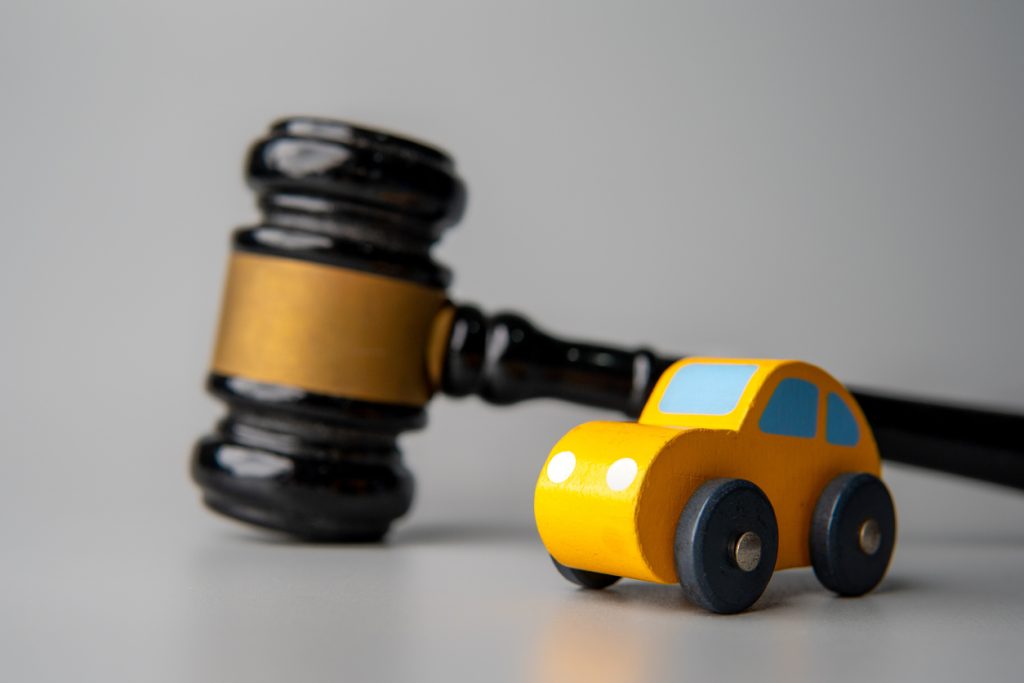Understand Your Rights. Solve Your Legal Problems


Finding yourself involved in a car accident on the road is a troubling experience. Regardless of who was at fault for the incident, you may need to equip yourself with a lawyer who can help you negotiate with insurance or navigate the legal system.
The majority of civil cases end without a formal trial, meaning mediation and settlement might be in your future. Considering this, learn how a lawyer can help with all the common injuries stemming from car accidents so that you can fight for the compensation you deserve.
First and foremost, it’s impossible to understand how a lawyer can help with your mediation and settlement if you don’t know what mediation is. This is an informal process where both parties involved in the situation meet with a neutral third party to resolve the dispute. That third party is the mediator.
As opposed to litigation, mediation comes at a reduced time commitment, lower costs, and a better overall experience in regards to emotional strain. Mediation tends to be the appropriate option for car accident cases because the case often revolves around disputes regarding liability, the severity of injuries, or insurance claims, which mediators are experienced in guiding conversations around.
While the mediator is the professional running point on negotiations in a mediation, your lawyer should still be present. They help by serving as an advocate for you, thereby ensuring that your interests are prioritized and that you understand the process you are going through.
In the event the terms of the mediation need to be adjusted or modified, skilled car accident lawyers can improve the likelihood of a favorable settlement by ensuring no crucial points are missed. Lawyers will also assist in the mediation process by helping to gather evidence, interview witnesses, and assess the case so that you can present all the facts with a strong position.
Before heading into your first mediation session, it’s beneficial to know what you should have completed in advance of the process. Gather any and all medical records, police reports, witness statements, or testimonies that help you make your case to the mediator when presenting your proposition.
You should also establish clear goals in advance to set realistic expectations for what you hope to achieve from the meditation. Work closely with your lawyer to go over any settlement offers you receive to determine whether or not they are fair and how to counter them if not.
The timeline for mediation resolution due to a car accident can range anywhere from a few hours to a few days, with an extension of up to a few weeks being possible but rare.
The mediation process will begin with initial meetings, where both parties, their attorneys, and the mediator gather to introduce themselves to outline the issues at hand. They will also establish ground rules for negotiations. This stage is meant to set the tone for productive discussions.
Mediation will then move into a combination of private and joint sessions. In the joint sessions, both parties will meet together to present their perspectives and engage in dialogue, whereas private sessions allow the mediator to shuttle between each side to relay offers and concerns confidentially.
Throughout the process, your lawyer will play a key role by using their legal expertise to evaluate the settlement proposals, craft persuasive counteroffers, and guide you through complex or contentious discussions. This helps to ultimately work toward a resolution that aligns with your best interest as the client.
Assuming your mediation is successful and a settlement offer is reached, your lawyer will be the one receiving the terms along with you so that they can verify everything. The goal is to ensure that the terms are clear and enforceable.
If you are the party that needs to pay out a settlement, your lawyer will help you by drafting the legally binding agreement that details compensation, timelines, and the agreed-upon conditions.
Pivoting back to the other side, a lawyer will also advise you on whether to accept or reject a settlement offer based on the finer details, including the amount versus the potential earnings you could see from litigation. While award amounts can certainly vary, studies from the last few years showed people receiving a little over $20,000 on average for their claims, which, while it sounds like a lot, may not be quite enough.
If a lawyer does recommend going to trial, be sure to ask them what their compensation structure is. Many personal injury lawyers operate on a contingency fee basis, where they only get paid if you win, but others will charge you regardless. Knowing this before going in can help you budget properly and weigh the pros and cons.
If you and the other party involved can’t seem to come to an arrangement, the only step forward from that point will likely be litigation. A lawyer will be crucial at this point even more because they will help prepare you for the steps involved in a lawsuit and the evidence that you will need to gather.
Even if mediation fails, it is often helpful for both lawyers and the parties involved because it helps to bring out the true scope of the issue. Your lawyer can use this to inform their actions during the full-scale litigation process.
A lawyer plays a critical role in a successful mediation process and securing a fair settlement. If you are involved in a car accident that results in future disputes, consider consulting with a lawyer about what your next steps should be. In certain cases that are severe enough, they may even recommend going straight to litigation, such as if there were severe injuries or recklessness involved in the accident. Either way, speak with a car accident attorney as soon as possible following your wreck to fight for your rights.






